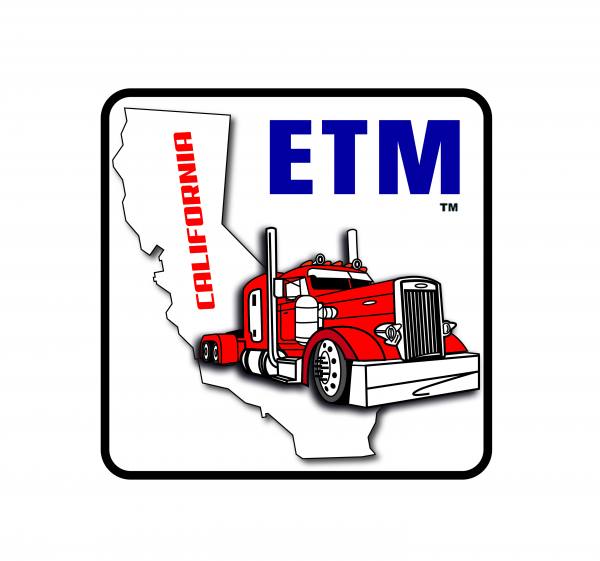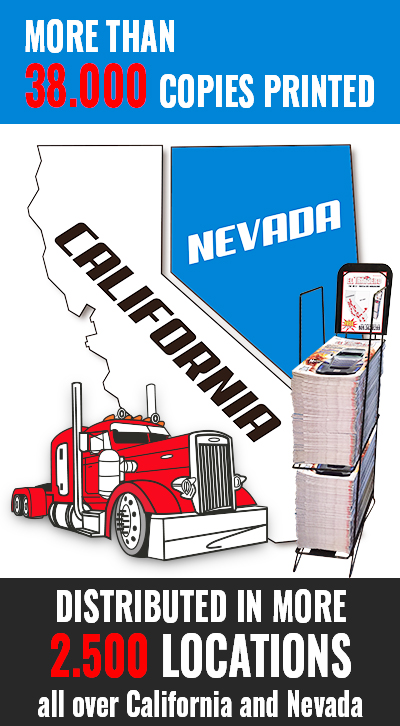 |
|
 |
Get our FREE |


In freight transport, a single mechanical detail can make the difference between a safe trip and costly downtime. According to the Commercial Vehicle Safety Alliance (CVSA), more than 50% of out-of-service orders during inspections are related to brake and tire failures. That’s why having a preventive service program should not be seen only as emergency support, but as a key strategy to reduce risks, fines, and expenses.
1. Tire pressure and tread checks
In California, CVC 27465 sets minimum legal tread depths: 4/32” for steering tires and 2/32” for others. Beyond compliance, keeping proper inflation and detecting irregular wear helps prevent blowouts. Specialists at Truck Stop Tire Service also inspect alignment and balance—factors often overlooked by drivers but which directly impact safety and fuel efficiency.
2. Brake inspections at every stop
During Brake Safety Week 2024, 12.8% of inspected trucks were taken out of service due to brake failures. The recommendation is clear: use every stop as an opportunity to check drums, rotors, and air lines. With mobile service units, Truck Stop Tire Service performs these inspections on the road, reducing the risk of violations, accidents, and downtime.
3. Tire rotation and pairing
For high-mileage fleets, rotating tires every 8,000 to 10,000 km extends their lifespan and lowers costs. Properly pairing tires on dual axles avoids uneven stress that damages suspension and increases fuel consumption. This procedure is included in the mobile maintenance programs offered by Truck Stop Tire Service.
4. Roadside response plan
A blowout on the highway doesn’t just delay cargo—it also puts the driver at personal risk. Having a 24/7 emergency response service ensures immediate assistance, quick replacements, and less time off the road. It also helps operators comply with Hours-of-Service regulations without unnecessary delays.
Conclusion
A comprehensive tire and brake service program should never be considered an emergency expense, but rather an essential investment in safety and efficiency. For owner-operators, it means protecting their most valuable asset—the truck. For large fleets, it helps minimize downtime, avoid fines, and strengthen reliability.
With the experience of Truck Stop Tire Service, drivers in California can anticipate problems, keep their units safe, and ensure that every mile on the road is a productive mile.
Every October, the Commercial Vehicle Safety Alliance (CVSA) teams up with the California Highway Patrol (CHP) to conduc...
read more...Long hours behind the wheel, the loneliness of the open road, and overnight stops at remote truck stops can push many dr...
read more...The Federal Motor Carrier Safety Administration (FMCSA) has announced two pilot programs aimed at exploring more flexibi...
read more...The California Air Resources Board (CARB) has approved a set of emergency regulations to maintain certainty in the new-v...
read more...

